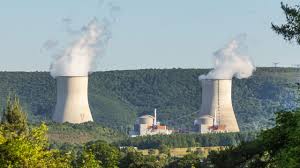African countries have dire shortage of energy supply and many cannot even meet their minimum required base-load, so why is a continent rich in uranium, so slow to use this clean energy source to meet its power supply needs? The answer lies in the world’s fear for nuclear armament, that is to say, should African
[elementor-template id="94265"]
